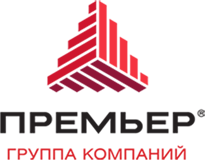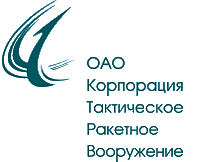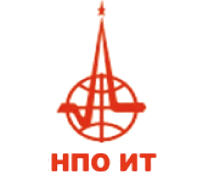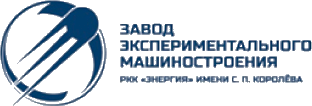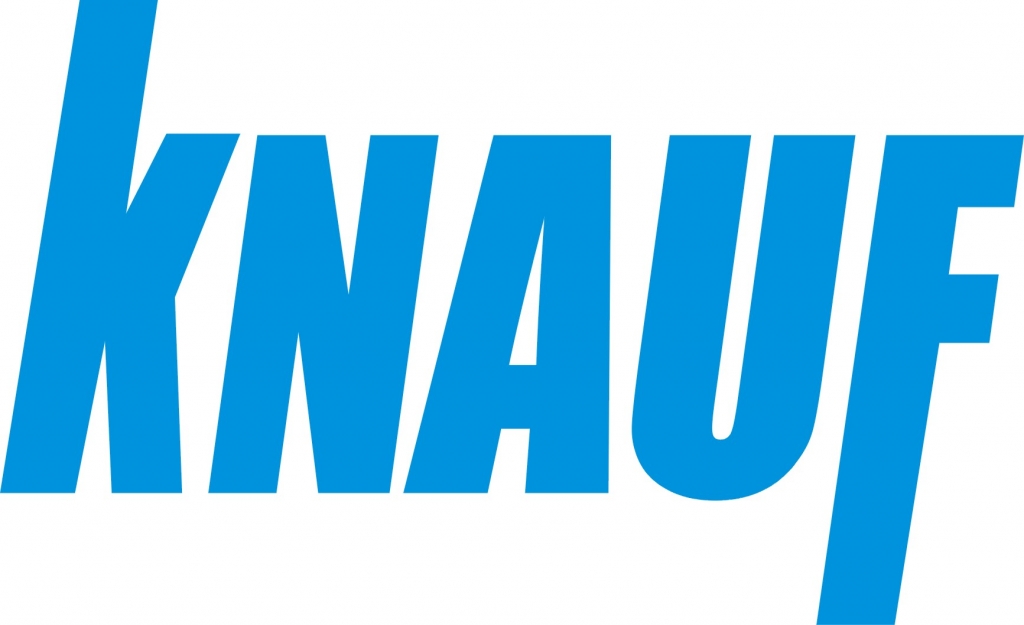
Welcome to the official website of the Interregional Centre of Competence – College of S.P. Korolev.
In 2016 the College of S.P. Korolev officially became the Interregional Competence Centre of Construction. Since then our College has been aiming at highly professional specialists' training in accordance with international standards and advanced technologies.
As a part of the Nationwide Program of Vocational Education Modernization, the Interregional Centre of Competence strives to enhance the prestige of the industrial and manufacturing professions among young people.
Our goal is to help students not only to get professional knowledge and skills but also to be able to think creatively and to work effectively in the constantly changing conditions of modern society.
Director
Iraida A. Laskina
| Full and abbreviated name of the Institution | Federal Autonomous Educational Institution of the Moscow region Interregional Centre of Competence – College of S.P. Korolev |
| Date of establishment | January 14, 2014 |
| Postal and registered address | 7 Molodezhnaya st., Tekstilshchik md., Korolev 141068 |
| INN (TIN) number | 5018160999 |
| BIN number | 1145018000093 |
| Director | Iraida A. Laskina Doctor of Sociological Sciences Honored Worker of Education of the Moscow Region |
| Deputy Director | |
| Code of the city (area), phone, e-mail, website | Building №1: +7(495) 515-85-39 Building №2: +7(495) 516-60-38 Building №3: +7(496) 436-18-20 E-mail: 72pu@mail.ru tspk-mo.ru |
| Work schedule | Monday to Friday from 8:30 to 17:30 Saturday, Sunday - days off |
| Educational licence | № 76948 Dated January 25, 2017 Validity period - indefinite term |
| Accreditation | № 4095 Dated February 21, 2017 Valid until March 11, 2021 |
Iraida A. Laskina
Doctor of Sociological Sciences
Honored Worker of Education of the Moscow Region
Телефон: +7 (495) 516-60-38, +7 (495) 515-41-43
E-mail: 72pu@mail.ru
- Head of the Department
- Head Teacher
- Tutor
- Secretary of Education Department
- Head of PE
- Head of Safety management in emergencies
- Managing teacher
- Pedagogue-Psychologist
- Social pedagogue
- Managing teacher of Additional Education
- Methodist
- Head of Training and Production
- Head of the Training Workshop
- Head of the Laboratory
- Headmaster
- Master of Production Training
- Head of Civil Defense
- Occupational safety engineer
- Manager of Canteen Operations
- Warehouse Manager
- Technician (building maintenance)
- Storekeeper
- Cook
- Manager of Integrated Maintenance of the Territory
- Manager of Integrated Building Maintenance and Repairs
- Cloakroom attendant
- Information Security Engineer
- Computer room engineer
- Programmer
- Engineer for maintenance of electronic networks
- Electrician for repair and maintenance of electrical equipment
- Locksmith
- Carpenter
- Electric Gas Welder
- Plumber
- Mechanic
- Economist
- Accountant
- Inspector of the Human resources Department
- Librarian
- 08 "Architectural Stonemasonry" - the stonecraft that involves creating different kind of products using stone from the earth and applying images on the surfaces of the products.
- 12 "Wall and Floor Tiling" - includes a comprehensive work on the preparation of tiles and the surface for tiling (making the design according to the project, measuring, marking and cutting the tiles), and the process of tiling according to the requirements. Tiling works can be executed in any residential and non-residential premises - bathrooms, kitchens, swimming pools, salons etc.
- 15 "Plumbing and Heating" - the competence is aimed on the professional creation of plumbing and heating communication networks in residential and industrial premises.
- 18 "Electrical Installations" - the essential part of this architectural competence is creating designs, wiring plans and installing the electrical communication system. The specialist’s work includes the execution of diagnostic, commissioning and maintaining tasks with the electrical systems installed in buildings.
- 20 "Bricklaying" - bricklayer uses brick material to create building constructions such as bulkheads, foundaments, arches etc. Working with brick material involves marking, cutting and layering later on.
- 21 "Plastering and Drywall Systems" - the designing and installation of constructions of various complexity using plasterboard material.
- 22 "Painting and Decorating" - the finishing work that includes modules for door decorating, wallpapering and designing creative compositions with decorative materials.
- 25 "Joinery" - the fine works on wood. A more creative profession that requires the knowledge of the specific features of decoration.
- 26 "Carpentry" - specialists perform work on wood. It is a painstaking work that specialists perform manually or with using special tools. Participants work with the quality of wood materials and create large-scale projects from it.
- 37 "Landscape Gardening" - the most "natural competence" in which the result of the specialists’ work is the creation of gardens with decorative elements. The competence includes making of wood, stones, sand compositions, but also planting in accordance with both - requirements and imagination of a designer.
- 38 "Refrigeration and Air Conditioning" - the work of installation and maintenance of the systems for regulating the microclimate of premises for various purposes.
- 46 "Concrete construction work" - the implementation of schemes into real concrete constructions of various complexity and sizes. Requires the skills in the field of construction of residential and commercial premises.
| Name | Position | Phone | |
|---|---|---|---|
| Dr. Iraida A. Laskina | Director | +7 (495) (495) |
72pu@mail.ru |
| Dmitry V. Pechnikov | Head of the Training Center | +7 (495) (495) |
dmitry-pechnikov@mail.ru |
| Elena N. Starkova | Deputy Director for Academic and Methodological Support | +7 (495) |
star63.63 |
| Anastasia V. Nesterova | Deputy Director for Academic Affairs | +7 (495) |
72pu@mail.ru |
| Elena D. Konchenkova | Deputy Director for Administrative and Economic Affairs | +7 (495) |
72pu@mail.ru |
| Natalia D. Terekhina | Deputy Director for Finance | +7 (495) |
pu72buh |
| Victor V. Laskin | Head of Regional Competence Center | +7 (495) |
laskinv |
| Galina N. Voropay | Head of Department №1 | +7 (495) |
pt_molodezhnaya |
| Vasilii V. Smirnov | Head of Department №2 | +7 (495) |
72pu@mail.ru |
| Svetlana A. Usacheva | Head of Department №3 | +7 (496) |
pu130 |
| Anastasia S. Stepanova | Legal Counsel | +7 (495) |
72pu@mail.ru |
| Tatyana V. Chekmareva | Head of Interregional Center for the Advanced Training | +7 (495) |
dop. |
| Danila O. Leshpaev | System Administrator of ICC (Interregional Center of Competence) | +7 (495) |
leshpaev |


